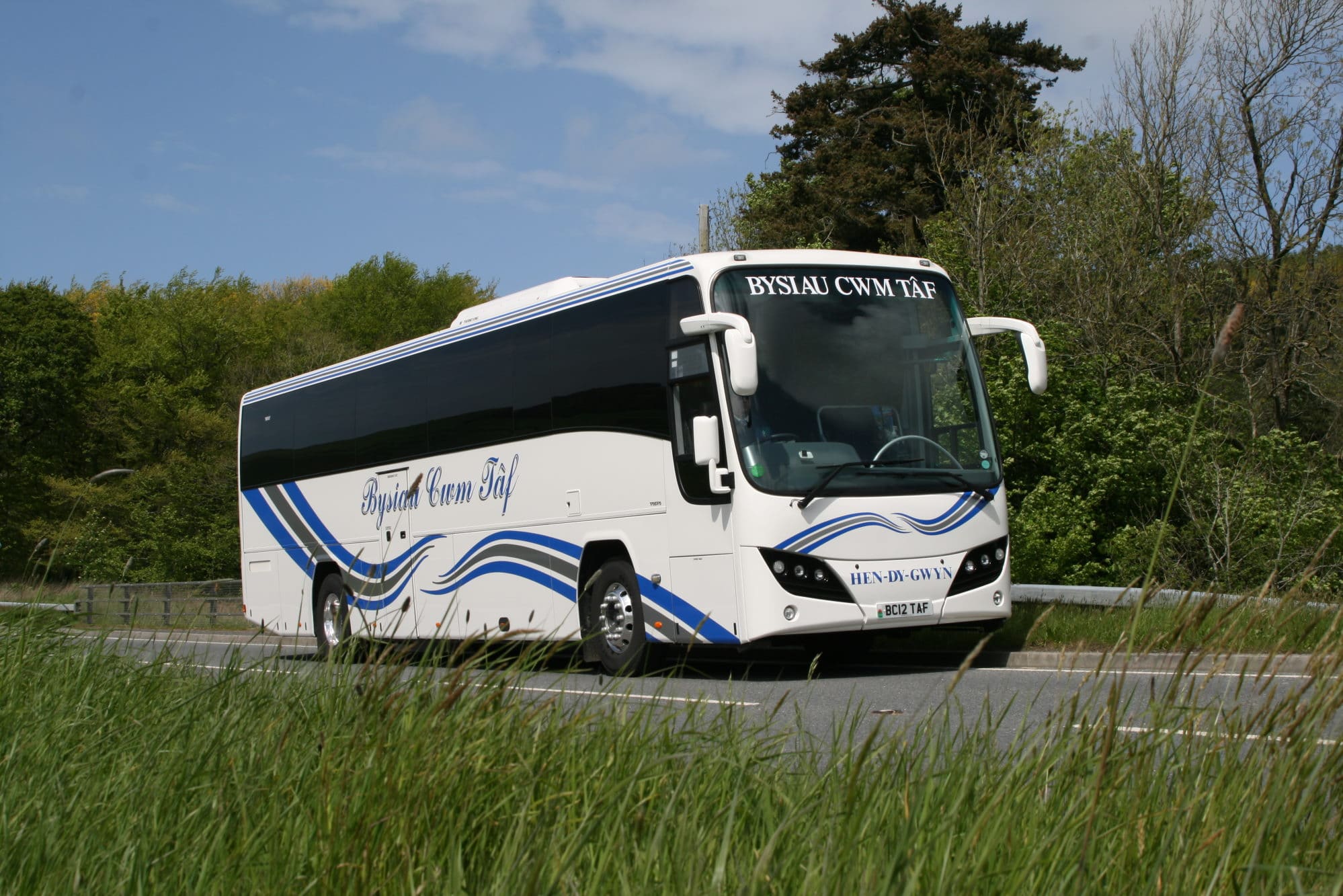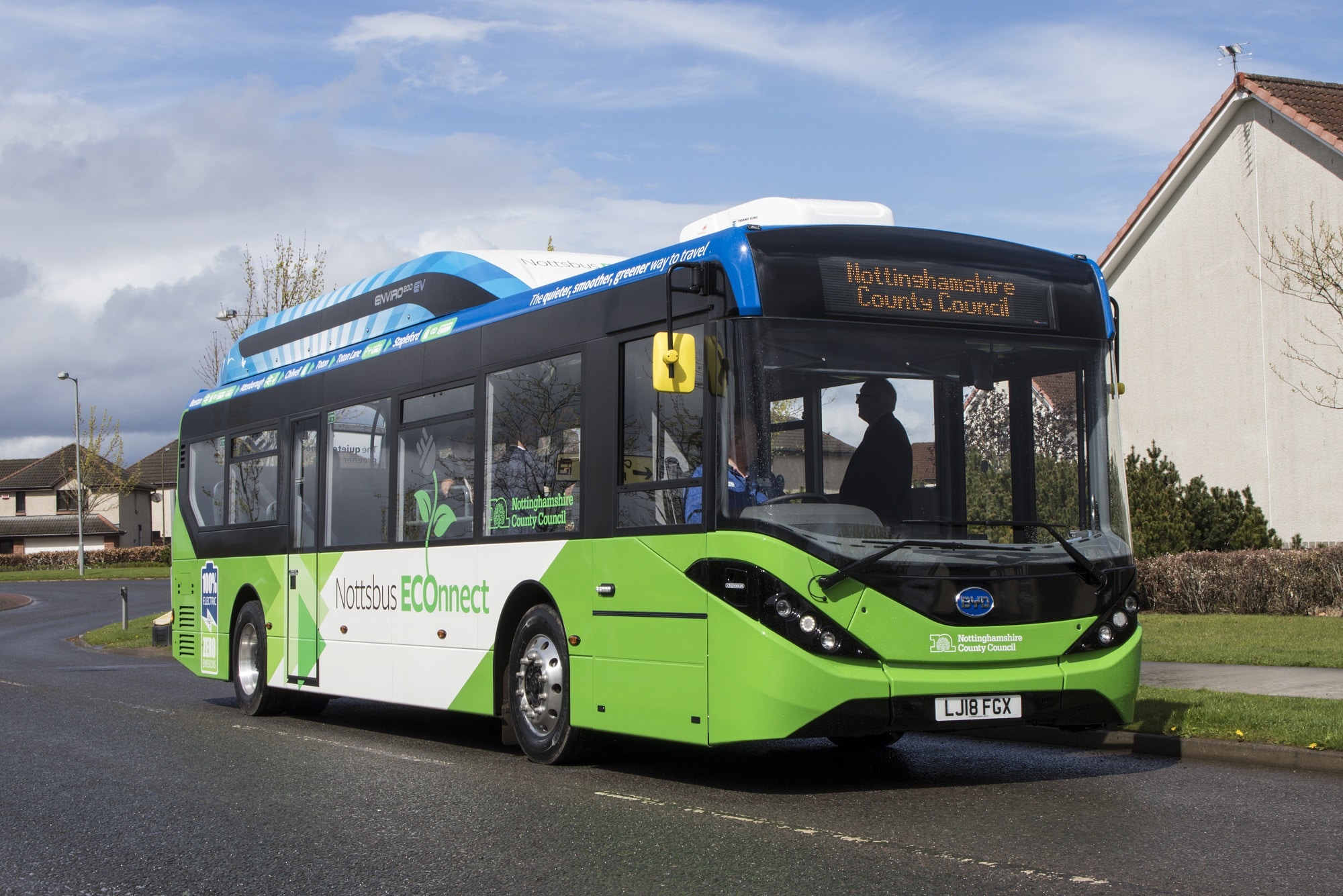The bus industry in England “is now at a crossroads,” with its ability to sustain existing service levels in the short term and contribute to the delivery of measures contained in Bus Service Improvement Plans (BSIPs) dependent on the government suitably funding both.
Without the certainty of short-term funding beyond the planned end of the Bus Recovery Grant (BRG) mechanism on 5 April, the industry in England will be forced to ‘right size’ its networks to the predicted volumes that exist at that point, adds Managing Director of Tockwith-based Connexions Buses Craig Temple.
Mr Temple says that if farebox revenue is at around 80% of pre-pandemic levels when BRG ends, operators will have no alternative to reduce service provision by up to 30% to have any degree of sustainable future.
Funding uncertainty threatens Oxford Bus Company P&R network
He adds that revenue support will in some cases be required for a significant period beyond April, although Mr Temple notes that the rate of patronage recovery varies significantly depending on area and circumstance. One service that Connexions operates in Leeds has returned to around 85% of previous ridership, but elsewhere on its network that figure is around 70%.
Meanwhile, Oxford Bus Company (OBC) and Thames Travel Managing Director Phil Southall has warned that the high-profile Oxford park-and-ride network could be withdrawn entirely if further recovery funding is not provided beyond 5 April. He says that the need for certainty of support is “urgent,” and that if a guarantee is not forthcoming soon, other services in Oxford and some rural routes will also be in line for cessation.
Growing concern at the prospect of widespread service cuts has been acknowledged by the Department for Transport (DfT). In a letter to local transport authorities on 11 January, Sharon Maddix, Deputy Director, Bus Recovery and Reform, Local Transport, said that DfT continues to look at what further funding beyond 5 April may be needed.
An additional BRG payment, equivalent to one month’s sum, will be made before the end of the current financial year in a move that gives breathing room to discussions between DfT and the Treasury about longer-term backing. It represents £26m direct to operators.
In an indication of DfT’s growing awareness of the likely results of a ‘cliff face’ end to BRG, official Matthew Crane used an email to operators on 31 January to ask them “to do all that they can to avoid pre-emptively deregistering services ahead of April.”
‘We must be realistic about what we can do if nothing follows BRG’
As a mitigatory measure should further funding not be forthcoming, Mr Temple has suggested that mandatory mutual acceptance of tickets between operators on jointly served sections of routes should be introduced as quickly as possible, with revenue apportioned on a mileage basis.
That could go some way to attracting new customers while reducing costs, he says. Such an approach would lead to reduced numbers of buses on the road, “but we have to be realistic about what we can and cannot do.”
Mr Temple has pointed to news that the money allocated to National Bus Strategy for England measures is likely to have been more than halved to £1.4m – also revealed by Ms Maddix – as further reason for the government to continue recovery funding in the medium term.
Many BSIPs’ earliest work is centred on continuing services in their current form. The likelihood that some BSIPs will not be funded underlines the need for an extension of revenue support. An underfunded industry also leaves plans for a shift to widespread zero-emission as “pie in the sky” for smaller operators, Mr Temple continues.
Mr Southall says that OBC and Thames Travel’s services are currently running at 70% of pre-pandemic patronage and that the two operators have already drawn up contingency plans that would see their networks pruned to match that level of demand. Local MPs have been asked to help with raising awareness and Mr Southall has called for BRG to be extended “by another six to nine months.”
ENCTS reduction a further complication for England bus funding
A further factor influencing viability of bus services in England is the scope for local authorities to soon reduce the level of concessionary reimbursements from 100% of pre-pandemic totals. Maintaining those payments in full “would enable some services under threat to continue, even if BRG is withdrawn,” he continues.
DfT has long stated that its endgame is for bus operators in England to return to running commercially viable services.



























